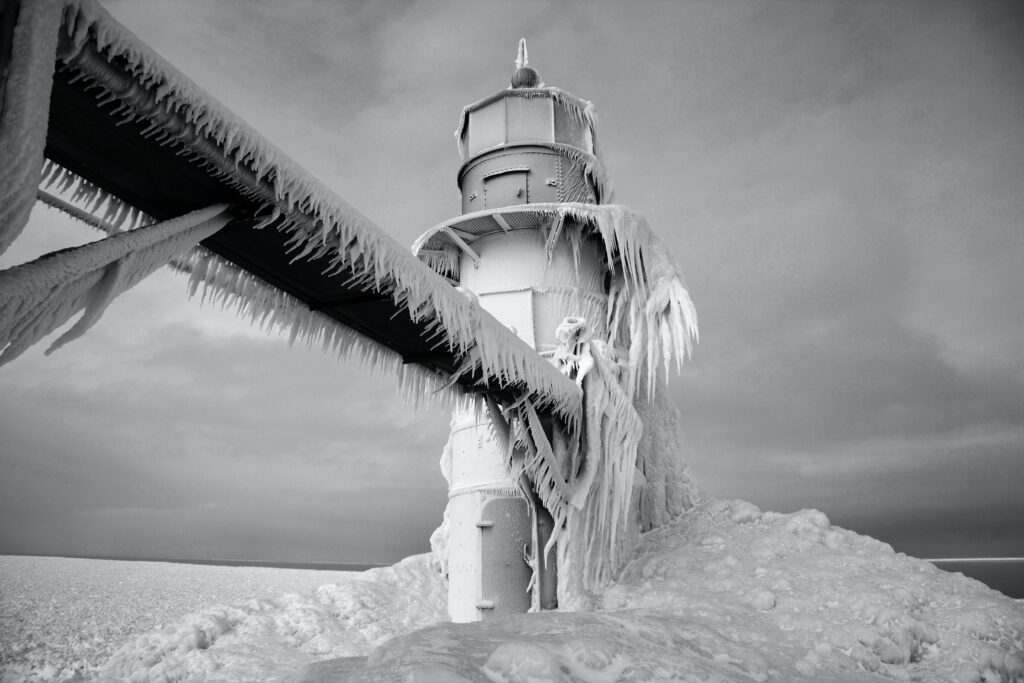How Do Scientists Project Climate Futures?
Climate scientists use climate models to represent the Earth’s climate system over different areas and time periods. These mathematical models are used to make climate projections into the future based on different scenarios. In this way these models serve as tools to help people, businesses, and governments understand what potential climate futures are possible and make decisions for climate resilience.
Understanding climate change impacts at the local level requires analyzing data at the right spatial resolution. Typically, climate models consider global climate dynamics and make projections on relatively large spatial scales. At such large spatial scales, the influence of local geographic features (e.g., small lake or change in topography) can be missed, presenting data that may not be directly useful to stakeholders interested in climate change impacts for their location

To get a better sense of climate change impacts at smaller spatial scales, such as for regions, cities, or towns, downscaling techniques are required. Downscaling refers to quantitative methods used to increase the resolution of a climate model and “zoom in” on a smaller area.
In 2021, Toronto and Region Conservation Authority’s (TRCA) Ecosystem and Climate Science team used assessed downscaled climate data for the Toronto area. With this data, TRCA was able to analyze climate change projections for temperature and precipitation over the TRCA’s watersheds. This information helps the TRCA understand how climate change may impact the landscape and the communities and ecosystems that depend on it. Through understanding the potential impacts, the TRCA can leverage climate change data and modelling to engage stakeholders across the region to ensure that we are all better prepared for climate change and that we work together to mitigate potential climate change risks.
Stay tuned for next week’s Primers on temperature!
If you would like to read about the Partners in Project Green (PPG) FREE Resource Kit that can help guide you through the complexity of climate change and climate change-related risks for your business, you visit the Building a Climate Resilient Business Resource Kit page or read our last news story.

